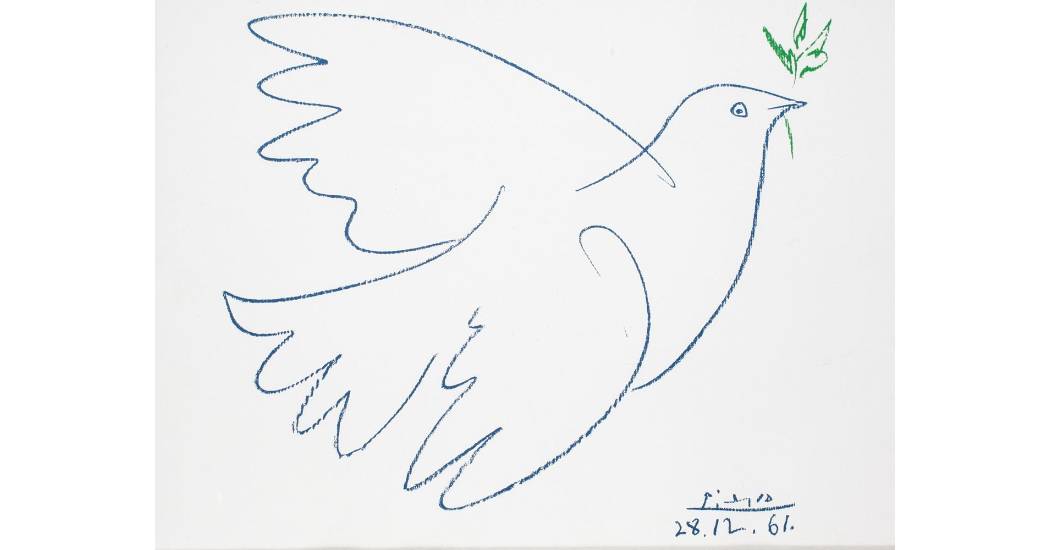
At a meeting on 3 March 2022, the presidents of Hungary's four national professional associations of museums and public collections expressed their deep concern about the military offensive launched against Ukraine on 24 February 2022 and the widespread military operations that have continued since then, with serious consequences for the civilian population. Solidarity with Ukraine and support for the preservation of the cultural heritage of the people of Ukraine. Solidarity with Ukraine and support for the preservation of the cultural heritage of the people of Ukraine. According to the news, we find that, as a result of the war, in addition to the events tragically affecting the population, the institutions and buildings of culture, the cultural goods preserved in them and the staff caring for them were also seriously endangered. We are convinced that the culture of a nation is part of the culture of the world, and that the losses and damages caused are fatal not only for Europe but for the whole world.
The organisations strongly urge Russia to respect the 1954 Hague Convention, the UNESCO Convention for the Protection of Cultural Property in the Event of Armed Conflict, which Russia has ratified and is obliged to follow and comply with in order to protect the cultural heritage.
In our declaration, we make joint recommendations to museums, libraries, archives and everyone feeling responsibility for cultural heritage,and initiate the active involvement of public collections in alleviating the crisis.
We call on the institutions, their managers and staff keeping objects of historical interest to use their own means and possibilities. to do their utmost to save the public collections, libraries, archives and cultural heritage sites in Ukraine, including the collections and the relevant digital contents, as well as the professionals working in these institutions.
We would also like to draw the attention of all the civilians, including those, who do not work in public collections to the fact that in case of further escalation of the war the risk of damage to collections, loss of collections may increase, in addition of them getting unauthorisedly in private ownership. If you see any signs of this, please report it to the relevant authorities in the major public collections.
The organisations continuously monitor the positions of ICOM (International Council of Museums) and NEMO (Network of Museum Organisations) as well as international public collection organisations and inform their membership of their own organisation.
They work closely with international organisations for joint action and regularly report on their activities through their communication networks.
Szentendre, 4th March 2022
Ibolya Bereczki PhD
president
Pulszky Society – Hungarian Museum Association
Zsolt Sári PhD
president
ICOM – International Council of Museums – Hungary
Csaba Szabó PhD
president
Association of National Public Collections
Andrea Csapláros PhD
president
Association of Hungarian Country Museums